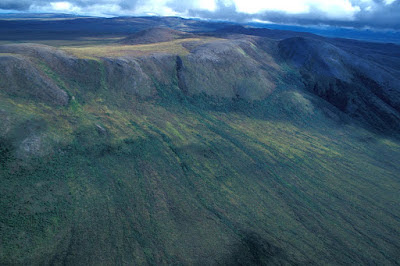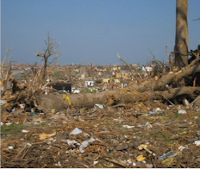Science Magazine Fire on Cape Barren Is. Australia, 2016. Photo by Planet Labs, Inc. Summary Australia is on fire like never before—and this year's "bushfire" season, which typically peaks in January or February, has barely begun. Driven in part by a severe drought, fires have burned 1.65 million hectares in the state of New South Wales, more than the state's total in the previous 3 years combined. Six people have died and more than 500 homes have been destroyed. As Science went to press, some 70 uncontrolled fires were burning in adjacent Queensland, and South Australia was bracing for potentially "catastrophic" burns. David Bowman, a fire geographer and director of the Fire Centre Research Hub at the University of Tasmania in Hobart, spoke with Science about the unprecedented crisis. The flames have charred even wet ecosystems once thought safe, he says. And the fires have become "white-hot politically," with Prime Minister Sco

















